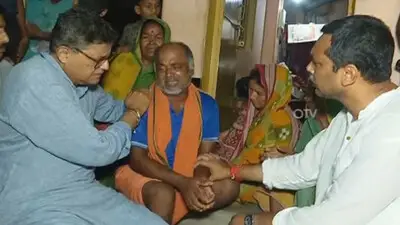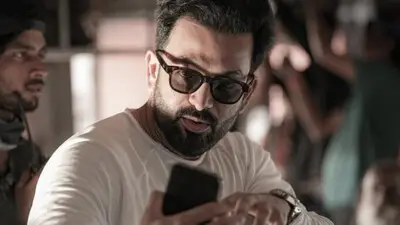Recommended Stories
Bhubaneswar: Notwithstanding the Supreme Court ruling in 2015 that directed all states to mandatorily install CCTV cameras in the jails by the year 2016, prisons in Odisha are yet to be brought under full-fledged CCTV surveillance.
A judgment to this effect had been pronounced by Justice TS Thakur and R Bhanumati to deter human rights abuses. The court has even directed to extend the same facility to police lockups, if possible.
But the recently released NCRB report on prisons reveal a very dismal progress in Odisha. CCTVs not only play a role in curbing human rights violations, it constitutes the main pillar of security set up in jails.
Consider this. Odisha has 91 jails but had installed 85 CCTVs. In contrast, Tripura has installed 95 CCTVs in its 13 jails. In this important security indicator, Odisha finished third in the country after Kerala and Tamil Nadu. A state like Bihar has installed 964 CCTVs in 58 prisons.
In un-natural deaths in prisons, Odisha with 4 deaths figured at 11th in the country. Punjab has recorded the highest of 14 un-natural deaths in jails.
As per the NCRB report, though 42 deaths in judicial custody (means prisons) were natural deaths, the disconcerting fact is only 3 had died of ageing. A whopping 39 died of illness. A maximum of 10 deaths were attributed to heart ailments followed by 5 to TB and 4 to kidney ailments. Significantly, 13 deaths in year 2017 had been attributed to other illness.
With regard to 4 unnatural deaths, suicide had been cause of two deaths, the other two deaths were described as 'accidental deaths' with no specific causes.
As per Human Rights activists, though deaths due to illness were termed as natural deaths, the fact is such casualties were due to improper medical facilities in Odisha prisons. They termed the 'accidental deaths' as tortured deaths.
Significantly, when for 91 jails in Odisha, 94 resident medical officers have been sanctioned, the in-position strength of mere 45 tells the tale.













